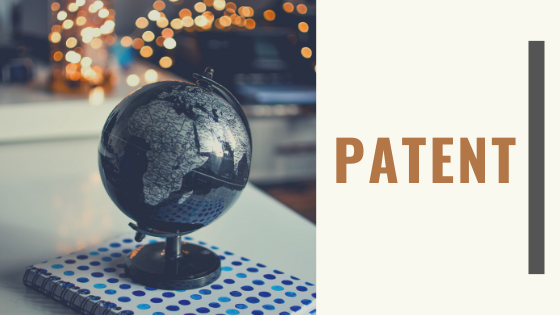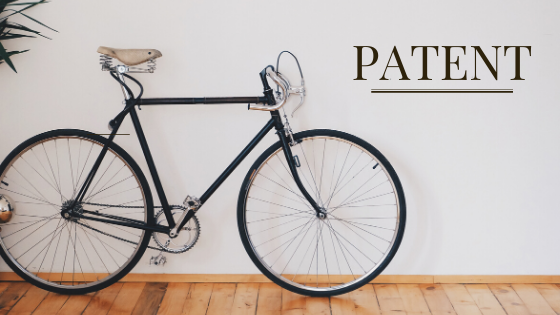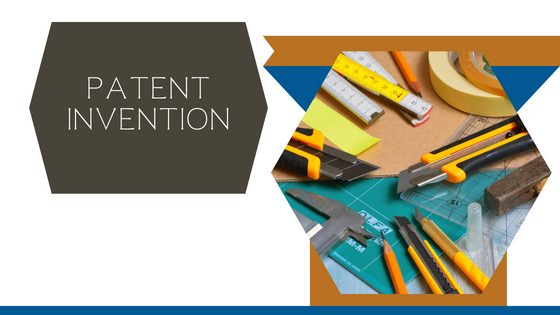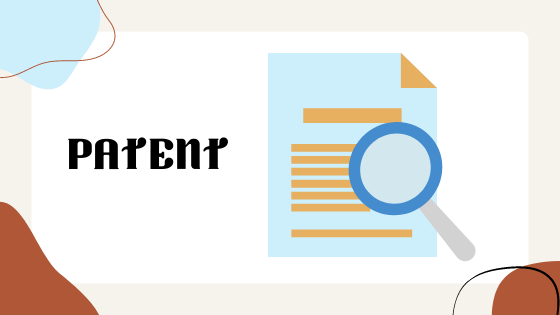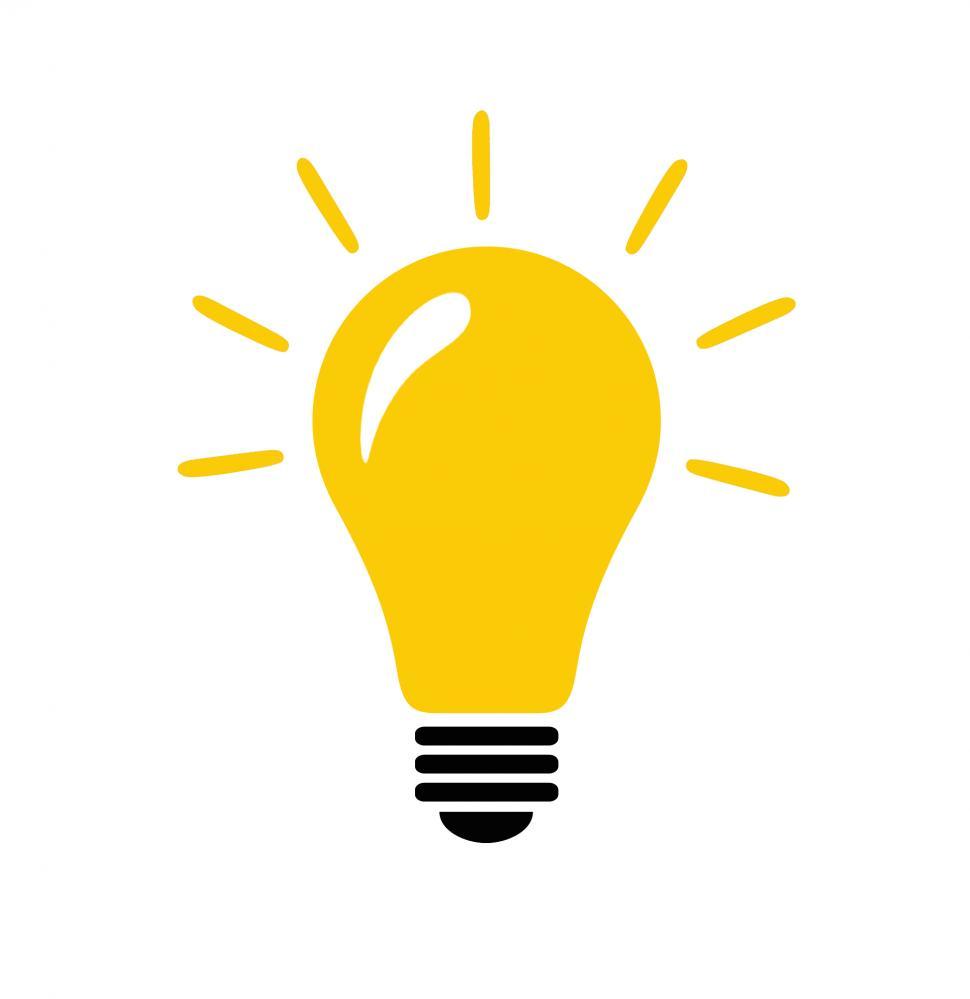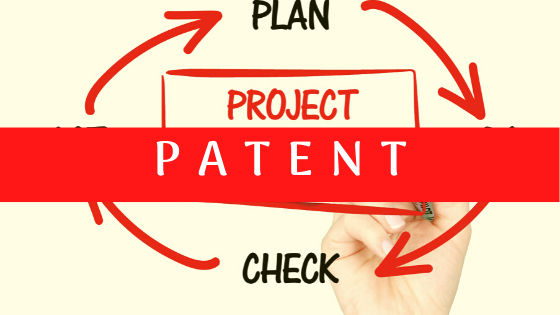The conditions for obtaining a patent are well laid out in the patent law of a given country or state. Patent laws even though unique for each country or region, basically govern similar aspects when it comes to the application, consideration and granting of a patent for a claimed invention. All in all patent laws typically require that:
The invention whether a product, methodology of doing something or simply a business idea, be of a subject matter eligible for the privileges of a patent protection. For instance for some theorems, business methods or computer programs, they cannot be granted a patent in US or Canada simply because they lack a physical embodiment, or a tangible result from the provided process and hence lack the subject matter for patenting.
The subject under consideration for a patent must be, at the very least, a novelty subject, with clear signs and aspects of a fresh intentional ingenuity never seen before as stated in https://www.macobserver.com/why-turn-to-inventhelp-with-your-tech-invention-idea/.
For the invention to be granted a patent there has to be a clear inventive process which is non-obvious to any skilled person. This is to say that, having looked at the problem being addressed by the invention, such a person could not or would not have by themselves thought of the claimed invention or seen the steps towards such an invention.
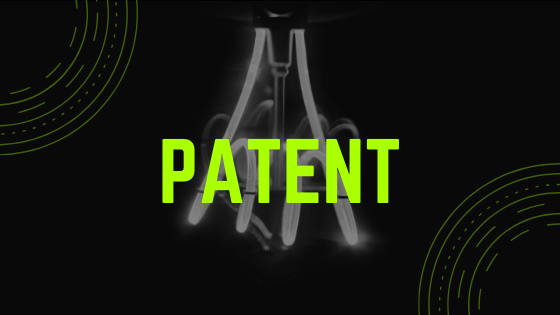
Last of all, the invention be of some valid use in one aspect or another, or the invention be predisposed to an industrial application in one field or another.
These conditions are normally the basis for initial patent considerations, even though other conditions have to be strictly met even if the above conditions are all present for someone to obtain a patent right for his or her creation.
The conditions above are merely substantive and formal conditions like the sufficient disclosure of all aspects of the invention, best mode requirement in the process or, the unity in the process of invention, normally have the last word on whether a patent will be granted or not. All patent applications are subjected to official examinations by patent examiners who check on the conditions aforementioned among others depending on the jurisdiction they are in.
Before filling an application for a patent, an inventor can get opinions from patent agencies, like InventHelp, and attorneys to establish the patentability of his or her invention with regards to conditions for obtaining a patent that have been stipulated.
